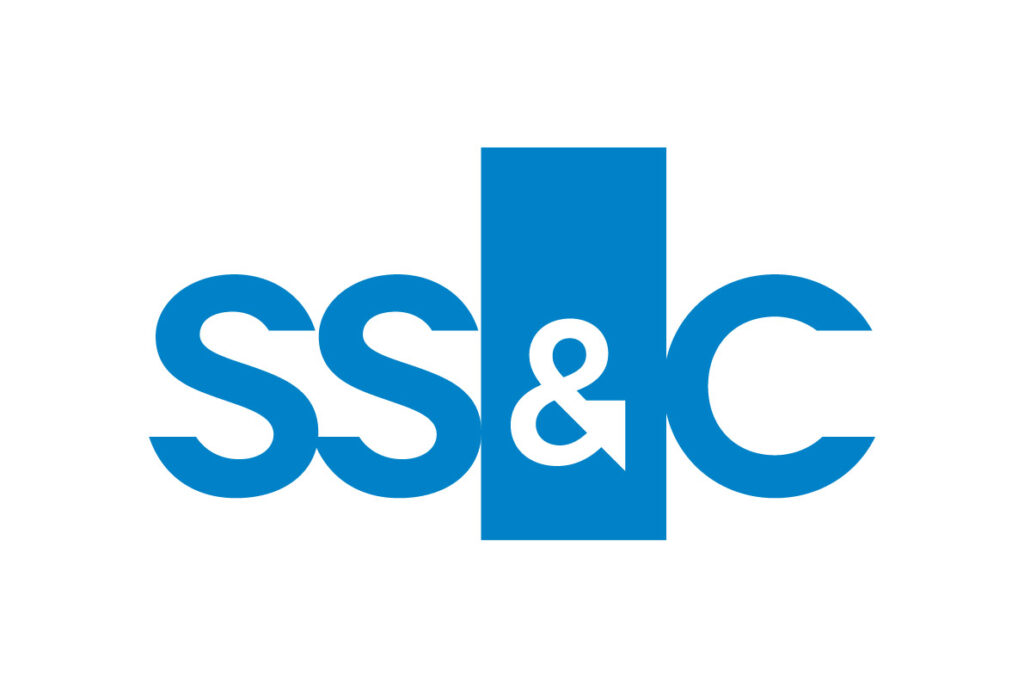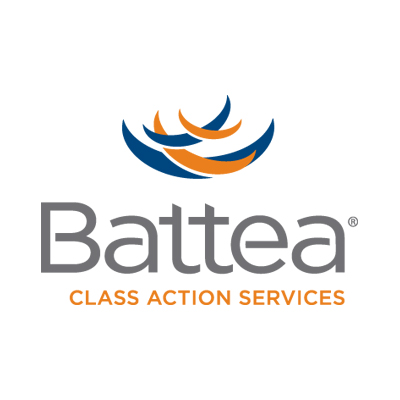Deal Deep Dive: SS&C Bets on Synergies with Battea Acquisition
Fintech giant SS&C expects to bolster Battea’s reach through cross-selling opportunities Jan. 7, 2025 /Middle Market Growth/ /Anastasia Donde/ -- When SS&C acquired securities class ...
SS&C Technologies Completes Acquisition of Battea-Class Action Services
WINDSOR, Conn., Sept. 30, 2024 /PRNewswire/ -- SS&C Technologies Holdings, Inc. (Nasdaq: SSNC) today announced it has completed its acquisition of Battea-Class Action Services, LLC, a market-leading provider of ...
SS&C Technologies to Acquire Battea-Class Action Services, Expanding Securities Class Action Claims Management Offerings
WINDSOR, Conn., Sept. 12, 2024 /PRNewswire/ -- SS&C Technologies Holdings, Inc. (Nasdaq: SSNC) today announced a definitive agreement to acquire Battea-Class Action Services, LLC, a market-leading provider of securities class action claims management and ...
SETTLEMENT UPDATE: $200 Million Uber Technologies Settlement
$200 Million Uber Technologies Settlement Battea is providing the information below to alert you of the recent developments in the Uber Technologies Settlement. The filing ...
SETTLEMENT UPDATE: $434 Million Under Armour Settlement
$434 Million Under Armour Settlement Battea is providing the information below to alert you of the recent developments in the Under Armour Settlement. The filing ...
SETTLEMENT UPDATE: $65 Million Apache Corp Settlement
$65 Million Apache Corp Settlement Battea is providing the information below to alert you of the recent developments in the Apache Corp Settlement. The filing ...
SETTLEMENT UPDATE: $97 Million Perrigo Company Settlement
$97 Million Perrigo Company Settlement Battea is providing the information below to alert you of the recent developments in the Perrigo Company Settlement. The filing ...
SETTLEMENT UPDATE: $350 Million Alphabet Inc. Settlement
$350 Million Alphabet Inc. Settlement Battea is providing the information below to alert you of the recent developments in the Alphabet Inc. Settlement. The filing ...
SETTLEMENT UPDATE: $580+ Million Stock Loan Antitrust Settlement
$580+ Million Stock Loan Antitrust Settlement Battea is providing the information below to alert you of the recent developments in the Stock Loan Antitrust Litigation Settlement. ...
Dutch Court Enters Interim Merits Judgment in Favor of Petrobras Investors
Petrobras Shareholders Litigation By Kevin LaCroix In a milestone development in the long-running Dutch collective investor action brought against Petrobras and related entities, a Netherlands ...
Battea Class Action Services Announces the Successful Integration of its Digital Asset Recovery Technology (“DART”) to help Institutional Investors in Recovering Damages Related to Cryptocurrency Investments
STAMFORD, Conn. – July 11, 2023 – Battea Class Action Services, LLC, the global leading expert in providing turn-key class and collective action antitrust and ...
Convergence League Table & Industry Discussion
Convergence League Table & Industry Discussion In the 24th installment of the Convergence League Table & Industry Discussion, Battea's Mike McCreesh and Bob Donahoe, joined ...
Battea International Litigation Spotlight: Australia
Battea International Litigation Spotlight: Australia In another installment of Battea’s “International Litigation Spotlight", David Abel, External Counsel to Battea Class Action Services, along with Brett ...
Battea International Litigation Spotlight: Ireland
Battea International Litigation Spotlight: Ireland In the first installment of Battea’s “International Litigation Spotlight", David Abel, External Counsel to Battea Class Action Services, and Kyle Nolan, Associate, Maples ...












